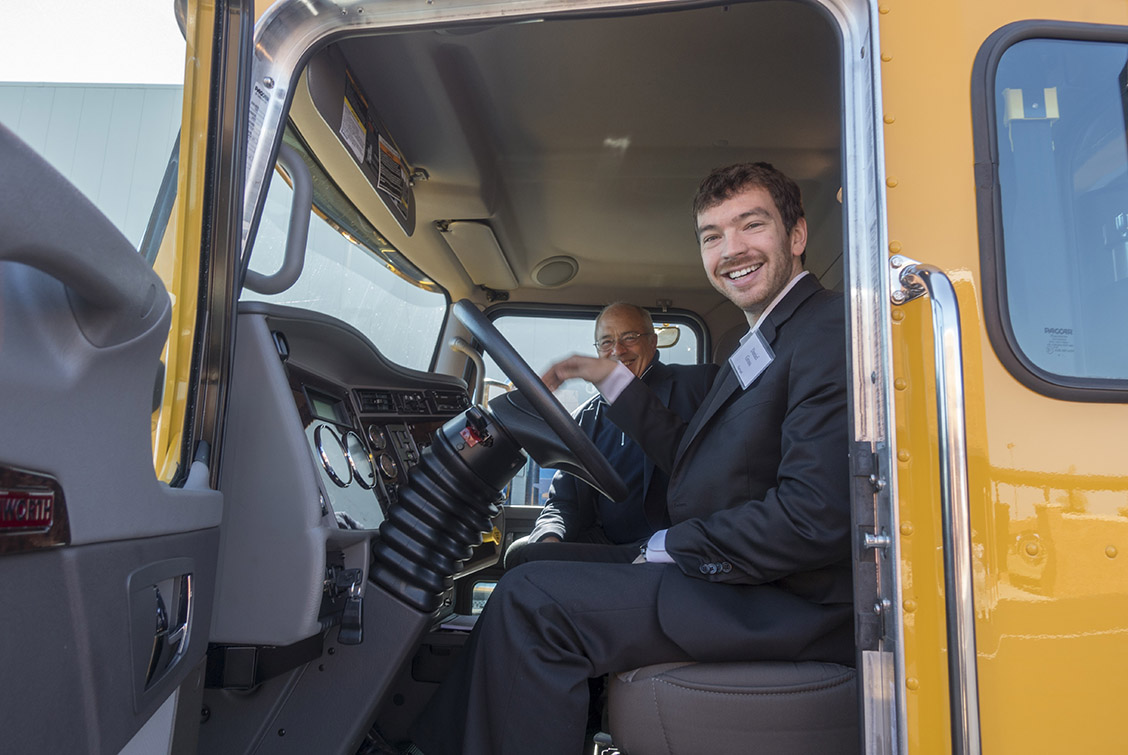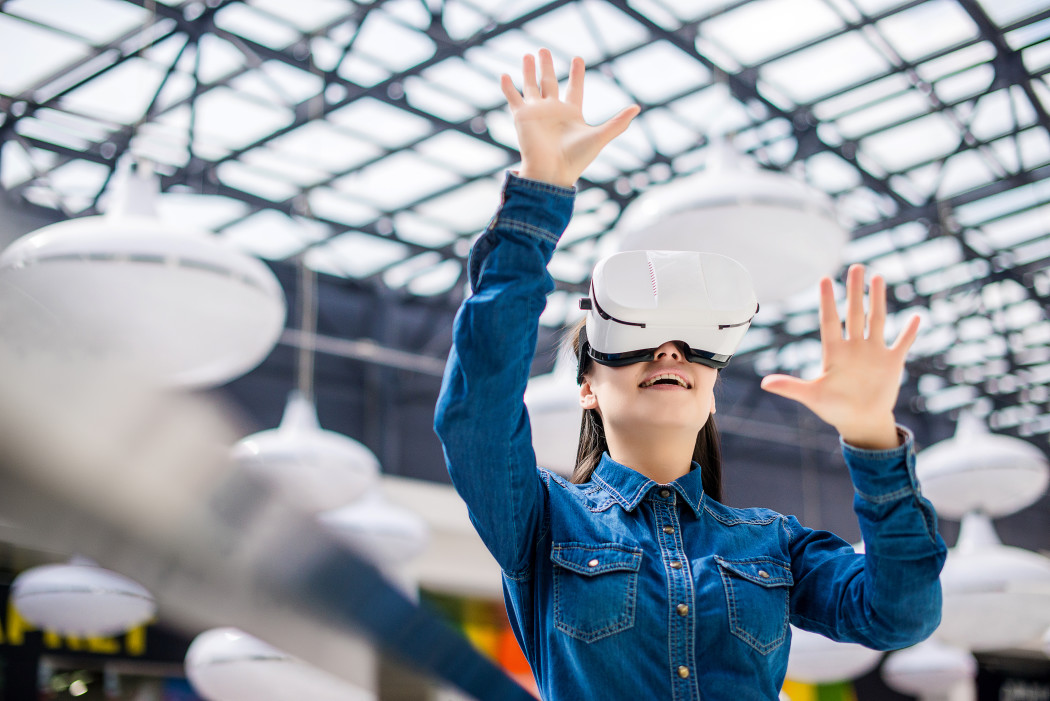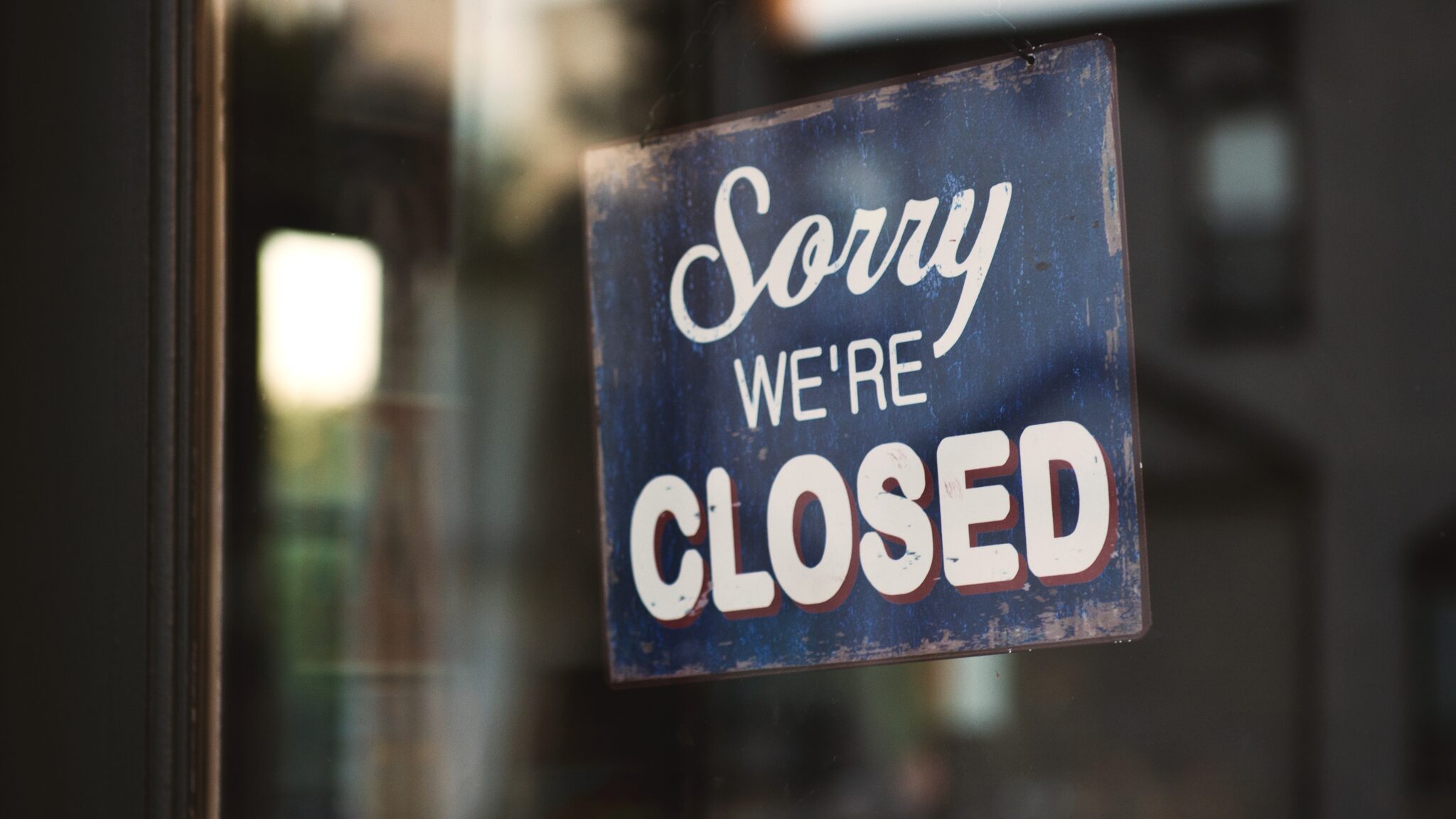
Human workers aren’t going anywhere — yet
Toutiao, the media giant and new aggregator platform, has created a strong competitive advantage by leveraging machine learning to provide customized content to its readers, but that doesn’t mean the company doesn’t still rely on top talent to get the job done.








